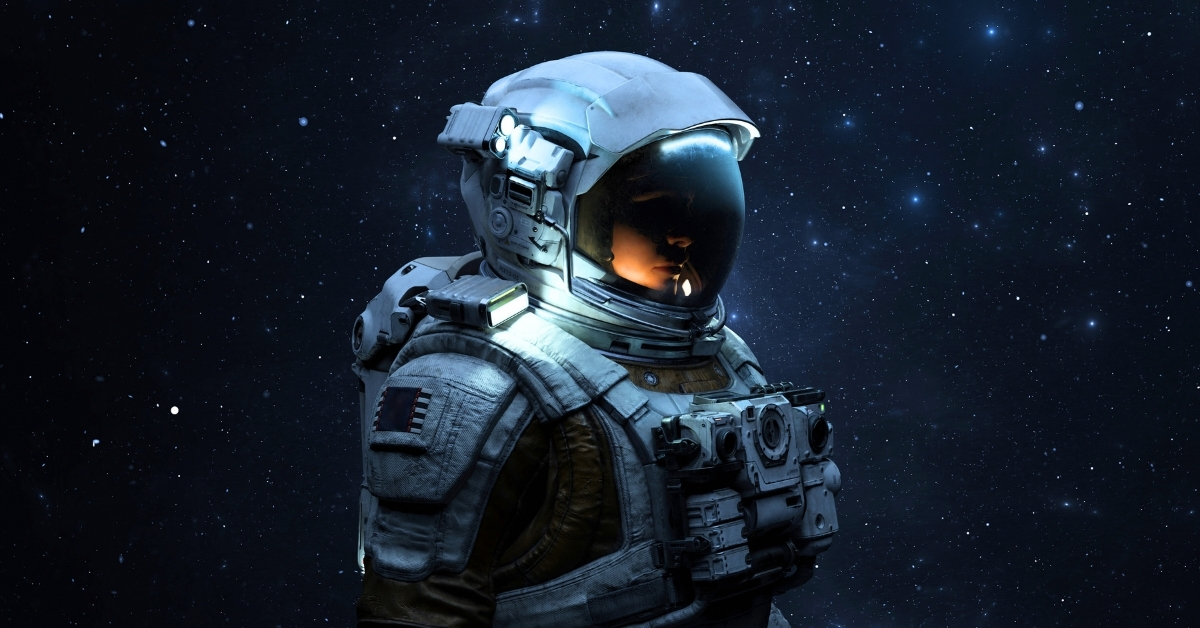We’ve known for some time that space affects your muscles and bones. It forces astronauts to run on a treadmill while in space, proving that no matter how far away you are from Earth, you’ll never escape your Equinox membership. A new study suggests that space travel may be having a more profound and unexpected effect on the bodies of astronauts: it’s rapidly aging them.
No, it’s got nothing to do with time dilation. This isn’t Interstellar.
In a new study published in Cell Stem Cell, led by UC San Diego biochemist Jessica Pham, researchers sent some human hematopoietic stem and progenitor cells (HSPCs) aboard SpaceX missions. They let them hang out on the International Space Station for up to 45 days.
Under the stress of microgravity and cosmic radiation, these cells that produce and maintain our blood started behaving like they’d aged decades.
New Research Suggests Space Travel Is Making Astronauts Age Quicker
The study found that space exposure ramped up the production of inflammatory proteins, dialed down healthy cell regeneration, and wore out the cells. It’s like driving with your foot mashed on the accelerator at all times until you burn out the oil.
The most ominous marker of this rapid aging was a shortening of telomeres, which are the protective tips at the ends of chromosomes that naturally shrink with age. Once those get too short, your cells stop dividing, and your body begins to deteriorate.
Your risk of disease shoots up, and your immune system is more prone to dysfunction. Your cells have had it. They’re done. They can no longer keep up.
Even weirder, some cells became so overwhelmed that they failed to suppress the “dark genome,” a term that is a lot more ominous than it seems. That’s the name for mysterious bits of so-called junk DNA that typically stay dormant. Once it breaks free, this DNA can wreck immune systems and cellular stability.
In a university press release, Dr. Catriona Jamieson of UC San Diego, one of the study’s co-authors, called space “the ultimate stress test for the human body.” These findings will help space agencies protect astronauts in space better. When they return to Earth, some of the cellular damage has been proven to be reversible, provided the cells aren’t exposed to an environment that alters their structure and affects the bone marrow.
That’s promising for astronaut recovery, and the research might even help reverse the signs of aging for the rest of us, terrestrial folks, at some point down the line.
